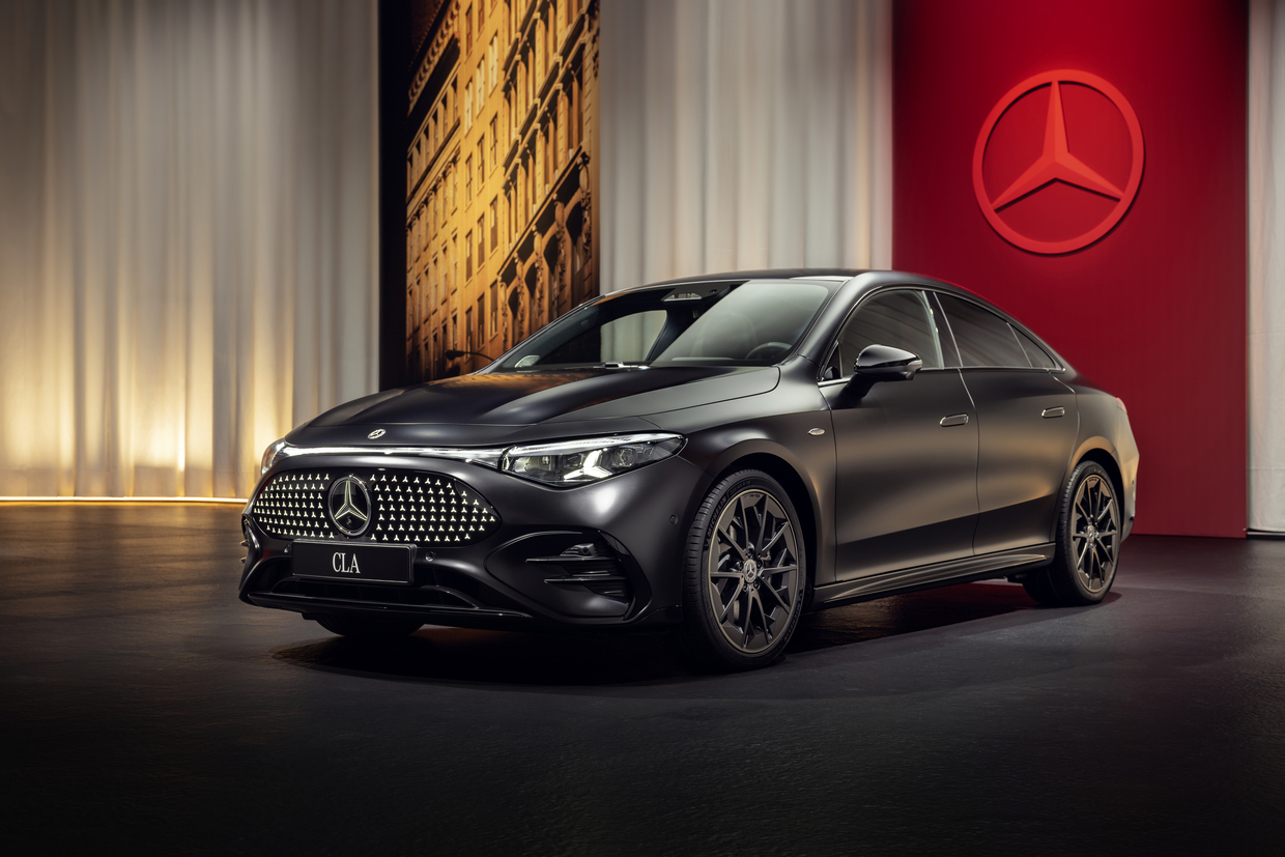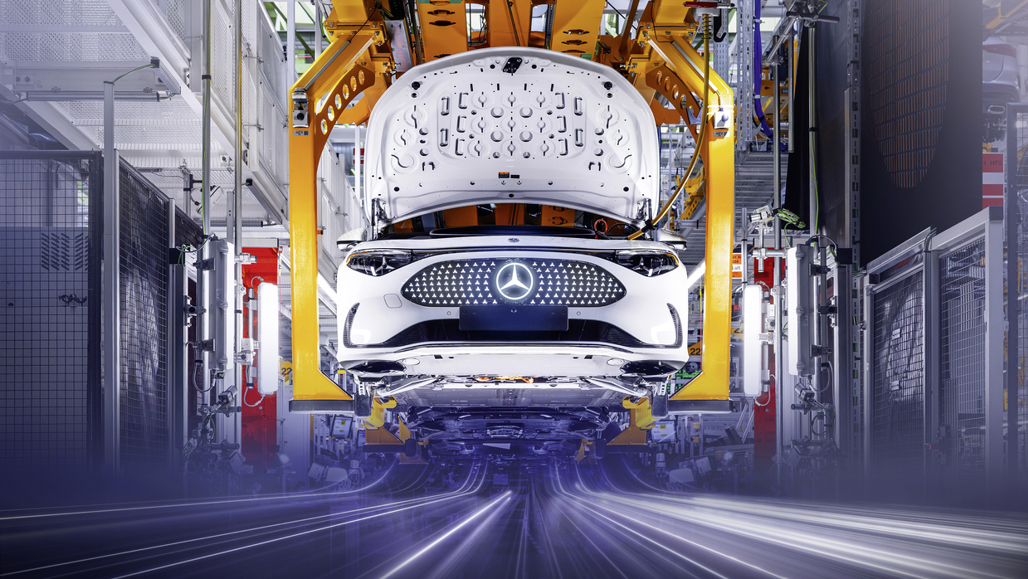- Mercedes will extend petrol and hybrid models beyond 2030 due to slower EV adoption.
- CEO Ola Kallenius has confirmed the brand’s revised dual-powertrain strategy.
- Despite a 23% drop in Mercedes EV sales, global EV sales rose 25% to 17 million in 2024.
Mercedes-Benz is joining a growing list of legacy carmakers tempering their electric dreams, admitting it’ll keep combustion engines on the road longer than originally planned.
Petrol and plug

Speaking to Auto Motor und Sport, Mercedes CEO Ola Kallenius confirmed what’s becoming a recurring tune in the premium segment: internal combustion isn’t riding off just yet. “Electrified high-tech combustion engines will run longer than we originally expected,” he said, citing market realities and a less-than-rapturous reception to EVs in some regions.
Kallenius described the revised strategy as a “course correction,” and reasoned that “the most rational approach is for an established manufacturer to do both and not neglect either technology.”
The company’s earlier goal had been full electrification “where market conditions allow” by 2030, but those conditions are proving stickier than forecast.
EV sales are not dead
Despite a 23% drop in Mercedes’ own EV sales this year, global momentum remains strong. The International Energy Agency reports more than 17 million electric vehicles were sold in 2024: a 25% lift from the year prior. That figure is expected to climb again by another 25% in 2025, nearing 22 million units.
As expected, China leads the charge, accounting for almost two-thirds of those sales, including a healthy appetite for plug-in hybrids.
Interestingly, China is also Mercedes’ biggest market despite a 7% sales decline last year to 683,600 units across all powertrains.
Still, it’s clear the brand is designing cars with Chinese buyers in mind. “They don't just use their cars to get from A to B. For many, it's also a second living room,” said Kallenius - perhaps explaining the lavish screens and digital real estate in the latest Mercedes cabins.
Pushing deadlines
With BMW and Audi also revising their timelines, Germany’s luxury trio appears to be hedging its bets. All three are set to keep a combustion-electric mix well into the 2030s.
But the clock is still ticking in Europe, where a ban on new polluting vehicles is looming from the mid-2030s.
While some manufacturers might be banking on regulatory delays, the EU has shown little appetite for compromise. For now, Mercedes is playing it safe - keeping both fuel pumps and charging cables in its strategic toolkit.





